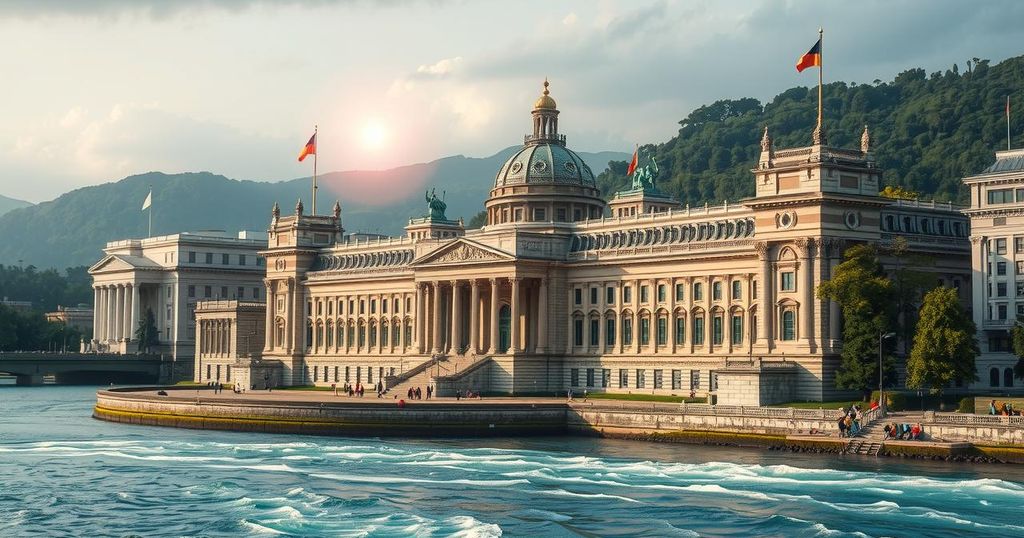President Daniel Chapo of Mozambique has announced the signing date of March 5 for a state reforms agreement, following a consensus reached during political dialogues aimed at resolving post-election unrest. The discussions involve multiple political parties, with plans for potential constitutional revisions under consideration. The country continues to face protests against the election results and rising living costs, resulting in numerous casualties and property destruction.
Mozambique’s President, Daniel Chapo, has announced that an agreement with political parties regarding state reforms will be signed on March 5. This decision follows a session of post-election political dialogue aimed at resolving the crisis stemming from the contested elections held in October. “Today we reached one hundred percent consensus on the content of the document,” Chapo stated, marking a significant step towards establishing stability in the country.
The upcoming agreement will involve various political parties, including Podemos, Renamo, and MDM, as well as the non-parliamentary New Democracy. Additionally, representatives from other parties with seats in provincial and municipal assemblies were present during the discussions and were informed about the agreement’s details. The signing ceremony is scheduled to take place at the Joaquim Chissano International Conference Centre in Maputo at 3 p.m. local time on March 5.
On February 19, President Chapo mentioned that constitutional revisions are being considered as part of the dialogue process, involving at least four additional parties from provincial assemblies. Since the October elections, Mozambique has faced widespread social unrest with numerous demonstrations in response to the election results contested by former presidential candidate Venâncio Mondlane, who challenges the legitimacy of Chapo’s victory.
Protests have decreased in scale but continue to pose challenges across various regions, with citizens expressing grievances not only about electoral outcomes but also regarding the rising cost of living and socio-economic issues. According to the non-governmental organization Plataforma Eleitoral Decide, the unrest has resulted in at least 353 fatalities, including approximately two dozen minors, and around 3,500 injuries have been reported by the organization. The government has verified the deaths of at least 80 individuals and reported extensive property damage during demonstrations, including the destruction of schools and health centers.
In summary, President Daniel Chapo of Mozambique has set March 5 for a landmark signing of a state reforms agreement, which aims to address the political crisis following contested elections. The dialogue has included multiple political parties, and considerations for constitutional revisions are underway. Amidst ongoing protests and social unrest, the administration faces significant challenges to restore stability and address the citizens’ economic grievances.
Original Source: clubofmozambique.com






